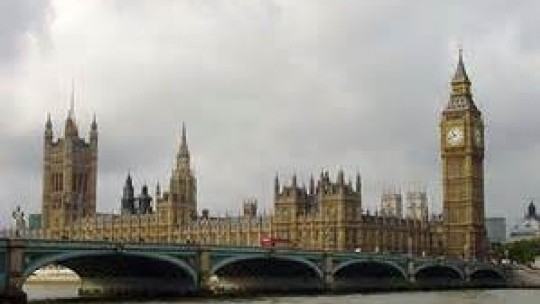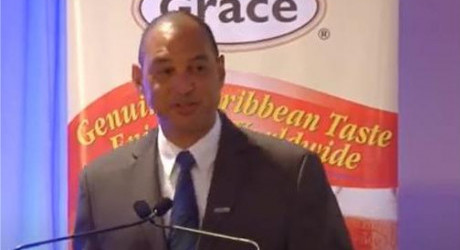Britain’s Guardian newspaper reported on Wednesday that thousands of migrants - some Jamaican - who have lived and worked legally in Britain for decades, are falling victim of the government’s more restrictive immigration laws.
The newspaper, relying on a report by the charity, Legal Action Group, said that in many cases these migrants arrived in the United Kingdom as children.
It said thousands of long-term resident migrants – many of whom were educated, married and raised families in Britain – “have been caught out by recent legislative changes that have left them in a legal limbo and often without a job, even though until recently they could work and claim benefits legally.”
Several of these migrants ran into difficulties, the newspaper said, after losing their original passports, “which contained the crucial indefinite leave to remain (ILR) stamps,” while others have experienced difficulties in achieving the necessary points to meet stricter requirements for ILR.
Jamaican
The Guardian story speaks of a case highlighted in Chasing Status (pdf) - that of Aubrey (not his real name), 53, who came to England from Jamaica in 1973 at the age of 12.
His Jamaican passport was stamped with indefinite leave to remain. But when it was replaced after he lost it four years ago he did not apply to the Home Office for the ILR stamp. “As a single father on a tight budget, he had not wanted to pay £600 for something he assumed was not that necessary,” the report said.
But then he ran into difficulties under the 2006 Immigration, Asylum and Nationality Act, which introduced civil penalties for employers hiring those without permission to work.
The report said when Aubrey was not able to show his employer proof of his immigration status, which he lacked because he did not have the ILR stamp in his passport, he was suspended without pay in February, since he could no longer prove to official satisfaction his legal right to live and work in the UK. “He has been unemployed since then, having to borrow money from family and friends,” the newspaper reported.
Then came the intervention of Roopa Tanna, a solicitor at the Islington Law Centre. She initiated proceedings for judicial review against the Home Office, which filed a defence but then decided to concede before a judge considered the case.
Aubrey, while happy for the outcome of his case, remains bruised by the experience, saying it had been painful to suddenly be made to feel like a criminal and an alien.
Frustration
Others in the report spoke of their frustration at the rigidity and slowness of the much-criticised UK Border Agency, now replaced by UK Visas and Immigration.
The report suggests a number of changes to deal with the problem of “surprised Brits” – so-called because of their sudden bureaucratic rejection by the country they have lived in for decades – including the creation of a specialist Home Office unit to deal with such applications, and permission for applicants to continue working or to receive benefits while their applications are dealt with.
The 2014 Immigration Act, which restricts access to NHS services and required a status check by private landlords, represents a further effort to make Britain a “hostile environment” for illegal immigrants, the report says.









 All feeds
All feeds







